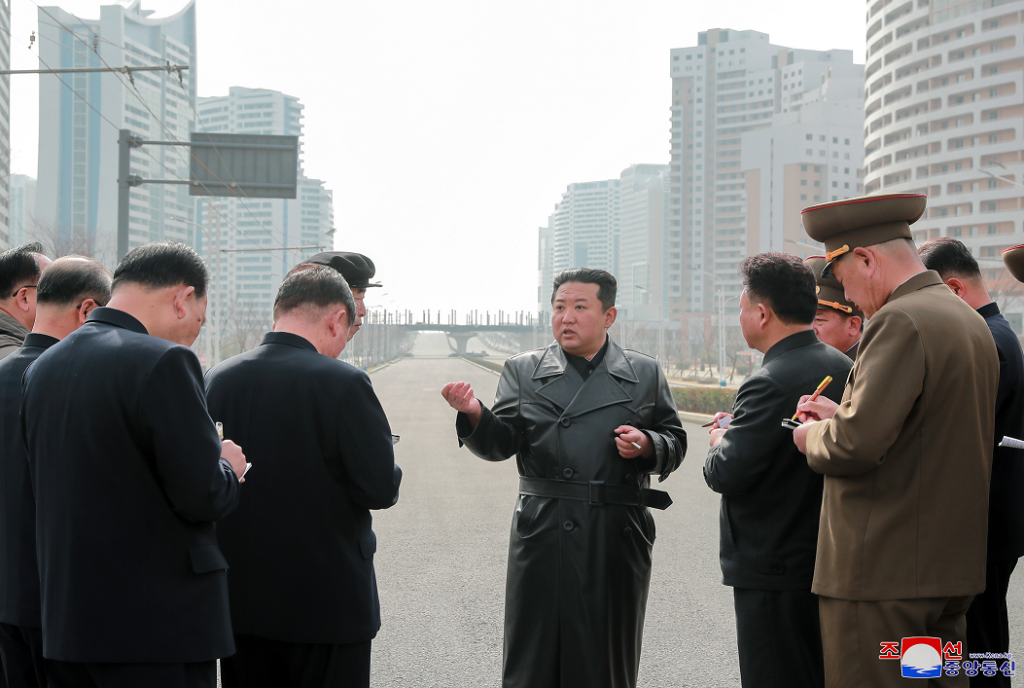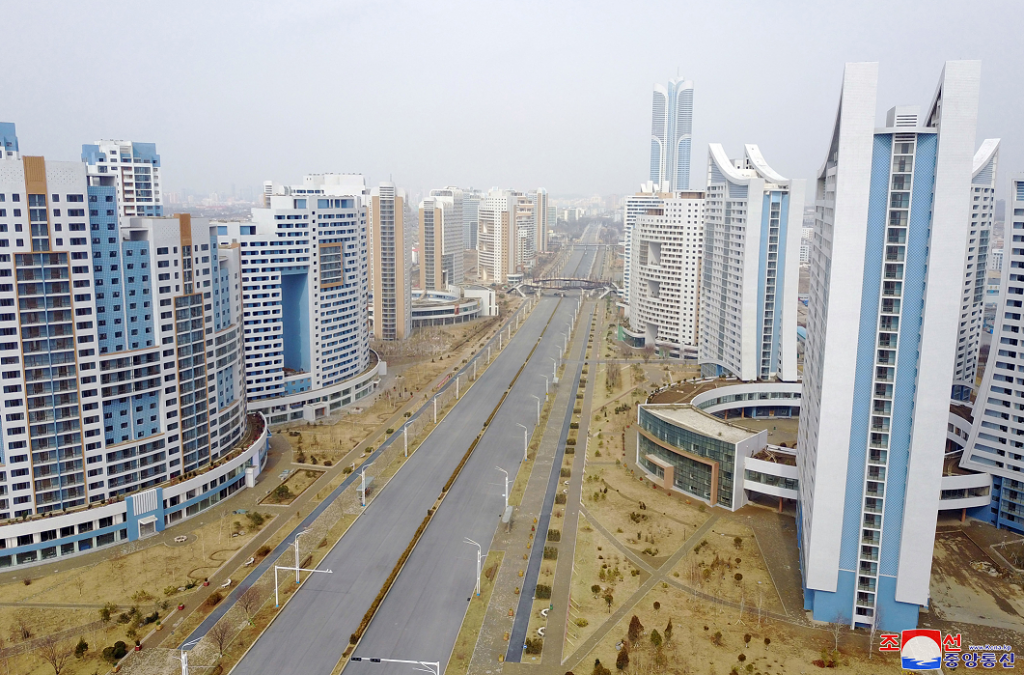

Organized by the Preparatory Committee for celebrating the 77th anniversary of the founding of the Workers’ Party of Korea
1. Theme; “A party that serves the people”
2. Participants;
- Moderator – Comrade Newton Balenzi
- Comrade Isoke Baguma, former chairperson of Land commission,
- Comrade Mayambala Lawrence, Country Director, Ugandan National Committee for the study of Juche idea
- Comrade Daniel Rugarama, Chairman of the Ugandan National Executive Committee, PAM and Deputy country director, Ugandan National Committee for the study of Juche idea
- Mr. Martin Mukasa, Chairperson, Uganda-DPRK Friendship Association, Mrs. Kyeyune Justin, Deputy chairperson of the Friendship Association, Mr. Stephen Mateeka, Secretary of the Friendship Association
- MPs, Members of NRM, Juche idea adherents and members of PAM etc.,
3. Content of Seminar
A party that serves the people
The Workers’ Party of Korea has served the people since its founding on October 10, 1945, regarding it as its duty to hold responsibility for their destiny and take good care of them.
In February 1946, shortly after its founding, the Party established the Provisional People’s Committee of North Korea, a government of the people whose mission was to defend and realize their interests, and made it implement democratic reforms without delay.
Thus, the government adopted and executed the Agrarian Reform Law (March 1946), the Law on Sex Equality (July 1946), the Law on the Nationalization of Major Industries (August 1946) and other people-oriented policies.
Thanks to the democratic reforms, the peasants could create a new life with their own effort on the land given them free of charge and workers could conduct creative activities as masters of the factories and production means, enjoying the benefit from the eight-hour workday.
Women could be freed from feudal fetters and take part in social activities with equal rights to men.
Under the wise leadership of the WPK the Democratic People’s Republic of Korea was founded in September 1948 and has been built up into a country in which the people are the masters of everything and everything serves them.
The people-oriented policies which have been enforced in the DPRK clearly show how much importance the WPK attaches to interests of the people.
The country started to enforce the universal free medical care system in January 1953 in the grim period of the Korean war (1950-1953). It was a courageous decision of the WPK to adopt this system which cost huge human and material resources when the country’s destiny was in the balance.
It also holds true for the case of universal compulsory free education system. The country introduced universal compulsory primary education in August 1956 when the postwar reconstruction for healing severe war wounds was at its height and universal compulsory secondary education in November 1958 in the period when it strived to lay the foundations of socialism. As the socialist construction progressed, it started universal 11-year compulsory education in September 1972, and is now enforcing universal 12-year compulsory education.
The politics of the WPK which serves people has been raised to a new height by its General Secretary Kim Jong Un.
He set the people-first principle as its fundamental political ideology and put forward the slogans “Everything for the people and everything by relying on them!” and “Let the whole Party make selfless, devoted efforts for the good of the great people!” He is leading officials to think about the people’s interest and convenience first whatever they do and to defend their dignity and sovereignty in any circumstances.
There are many examples of the story on “Everything for the people”. Here is one of them. In March this year when General Secretary Kim Jong Un visited the construction site of 10 000 flats in Songsin and Songhwa area which was near completion, he said with great satisfaction that he would soon see the people cutting a ribbon and moving into new houses and that another wish of his would be fulfilled.
Witnessing this reality, the world realized once again the true image of the WPK which serves people.
4. Comments left by participants
We are so pleased to join the world progressive people to celebrate the 77th anniversary of the founding of the Workers’ Party of Korea.
The Workers’ Party of Korea has served the people since its founding on October 10, 1945, regarding it as its duty to hold responsibility for their destiny and take good care of them.
In February 1946, shortly after its founding, the Party established the Provisional People’s Committee of North Korea, a government of the people whose mission was to defend and realize their interests, and made it implement democratic reforms without delay.
Thus, the government adopted and executed the Agrarian Reform Law (March 1946), the Law on Sex Equality (July 1946), the Law on the Nationalization of Major Industries (August 1946) and other people-oriented policies.
Thanks to the democratic reforms, the peasants could create a new life with their own effort on the land given them free of charge and workers could conduct creative activities as masters of the factories and production means, enjoying the benefit from the eight-hour workday.
Women could be freed from feudal fetters and take part in social activities with equal rights to men.
Under the wise leadership of the WPK the Democratic People’s Republic of Korea was founded in September 1948 and has been built up into a country in which the people are the masters of everything and everything serves them.
The people-oriented policies which have been enforced in the DPRK clearly show how much importance the WPK attaches to interests of the people.
The country started to enforce the universal free medical care system in January 1953 in the grim period of the Korean war (1950-1953). It was a courageous decision of the WPK to adopt this system which cost huge human and material resources when the country’s destiny was in the balance.
It also holds true for the case of universal compulsory free education system. The country introduced universal compulsory primary education in August 1956 when the postwar reconstruction for healing severe war wounds was at its height and universal compulsory secondary education in November 1958 in the period when it strived to lay the foundations of socialism. As the socialist construction progressed, it started universal 11-year compulsory education in September 1972, and is now enforcing universal 12-year compulsory education.
The politics of the WPK which serves people has been raised to a new height by its General Secretary Kim Jong Un.
He set the people-first principle as its fundamental political ideology and put forward the slogans “Everything for the people and everything by relying on them!” and “Let the whole Party make selfless, devoted efforts for the good of the great people!” He is leading officials to think about the people’s interest and convenience first whatever they do and to defend their dignity and sovereignty in any circumstances.
There are many examples of the story on “Everything for the people”. Here is one of them. In March this year when General Secretary Kim Jong Un visited the construction site of 10 000 flats in Songsin and Songhwa area which was near completion, he said with great satisfaction that he would soon see the people cutting a ribbon and moving into new houses and that another wish of his would be fulfilled.
Witnessing this reality, the world realized once again the true image of the WPK which serves people.
By, Moderator of the Seminar; Newton Balenzi, Preparatory Committee for celebrating the 77th anniversary of the founding of the Workers’ Party of Korea.








